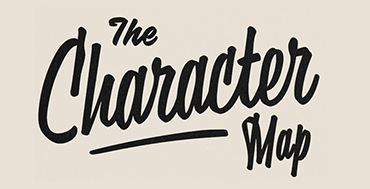Coraline


Coraline (voiced by Dakota Fanning) is a lonely, neglected middle-school aged girl. Her family has just moved to a new home far away from Coraline’s two best friends. Her parents (voiced by Terri Hatcher and John Hodgman) are busy writers who work for a garden catalog company but don’t garden themselves. They don’t like dirt. They are also parents. But they don’t seem to like family life. Nor do they enjoy their daughter’s company.
I didn’t get a sense that these busy writers are pressed for time on a particularly onerous short-term deadline but really wish they could be with their daughter to help her adjust to her new home. I never got the feeling Coraline was being to asked to pitch in during a difficult rough patch (or that she selfishly refused to help or understand her parents’ dilemma).
The lack of interest from or intimate contact with her parents seems to be the status quo. When Coraline speaks, her parents often don’t look at her. When they address her they rarely make eye-contact. She seems to be an irritating obstacle in their self-absorbed way. Mealtime is quick and unsatisfying. The family refrigerator is nearly empty and contains only random odds and ends which Coraline’s father cooks into a gelatinous mess.


Coraline can escape by finding three magic balls hidden with her “other” neighbors (voiced by Ian McShane, Dawn French and Jennifer Saunders). Here is where the problems start. Gathering the balls is an episodic exercise that is made easy with a magic “viewing stone” that quickly and effortlessly identifies each ball. The search doesn’t require Coraline to discover anything new about herself, meet a personal challenge or learn any kind of life lesson.
When Coraline finally escapes from the alternative universe she finds her real parents are trapped inside a snow globe. When they are freed they have no recollection of the experience. They have not changed in any way nor have they taken any lesson from the experience. Even worse, at the film’s climax it is Coraline’s friend Wybie (voiced by Robert Bailey Jr.), a lonely neighbor boy, who comes to the rescue and saves her. This deprives Coraline of final control over her destiny. What journey there is for her is co-opted by another character.






Create a visual map for a character’s emotional journey. Pull stories from character rather from rote story structure beats. Some of the largest international media companies, use this in story and character development.


A clear concise guide for writers and producers to have by their side as they embark on a project. It gives a really vital reminder of what is key for story success.

No comment yet, add your voice below!